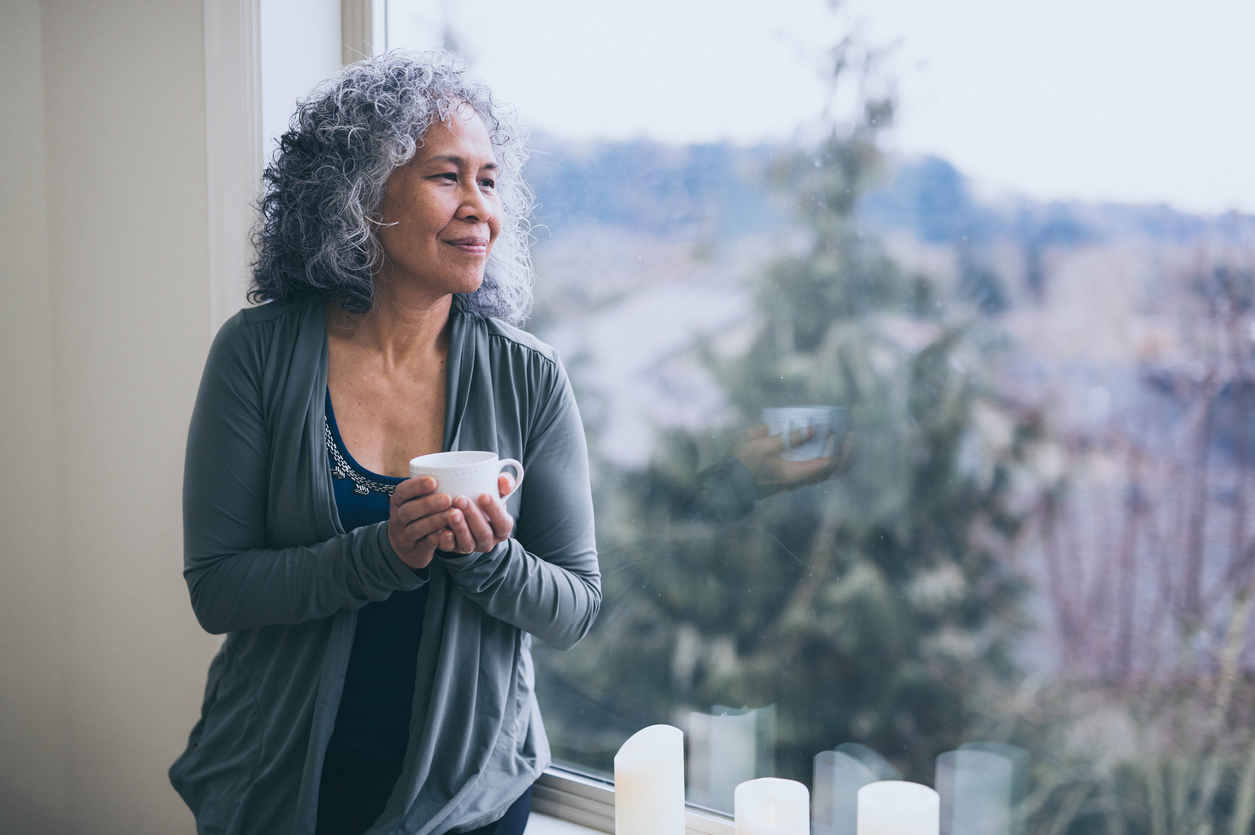We are all worried about our health, safety and protecting our loved ones right now. As the COVID-19 crisis continues, it’s more important than ever to protect our mental health and build resilience.
Recognize Anxiety Overload
“Anxiety is a signal from our brain that puts us on alert, mentally and physically, to both real and perceived dangers. It’s normal to feel anxious right now. But anxiety overload can cause physical symptoms and impact wellbeing,” says Kim S. Narvaez, a licensed marriage and family therapist with Sutter Health.
“Be aware of the signs,” says Narvaez. “These may include: restlessness, aches and pains, sweating, heart pounding, stomach problems, difficulty concentrating, feeling on edge, excessive worrying, irritability, obsessions, uncontrollable behaviors and fearfulness.”
Try Mindfulness to Help Manage Anxiety
Mindfulness is a useful tool that you can practice easily by paying close attention to yourself and your surroundings.
“The goal is to be present and notice what is going on within yourself,” says Narvaez, “Listen to how you are feeling, without any distractions or the need to do anything. This allows us to process thoughts and information calmly so we can move forward in a less reactive way.”
You can practice mindfulness in several ways. Click here to learn more about relaxation, breathing and meditation techniques.
Take time to reflect and ask yourself questions such as:
• Are my thoughts out of proportion to what is actually happening?
• Am I acknowledging my feelings?
• Am I giving myself enough credit for all the things that I am doing?
You can learn more about mindfulness and stress reduction on the Sutter Health website.
Reach Out for Help
Your mental health is important to your physical health and your overall wellbeing. Notice if your anxiety is escalating. If you want more help, contact your primary care physician who can provide you with a referral to licensed, professional therapists who can help with personal problems.





